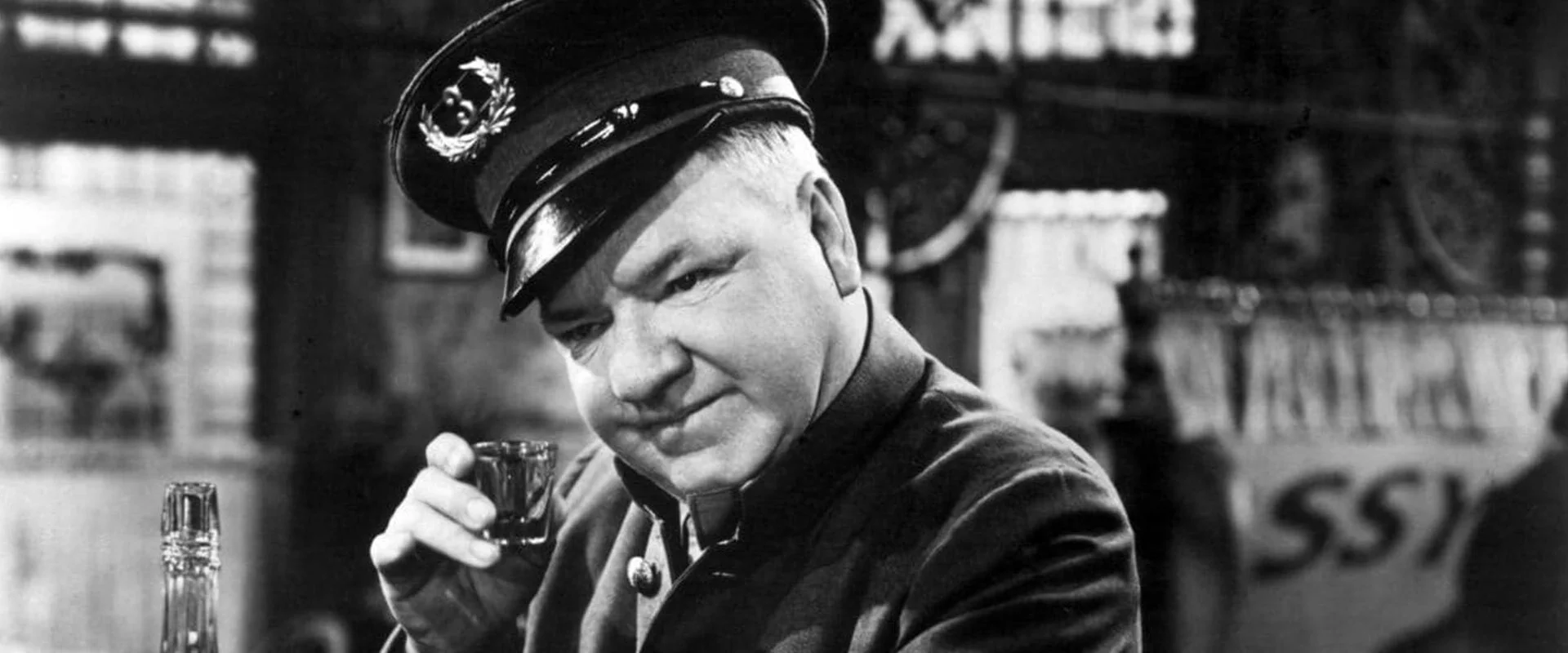Kristol and Cantor discuss how Shakespeare used plays set in ancient Rome to explore themes such as republicanism, political greatness, and tyranny. Conversation
Read MorePaul Cantor discusses works of literature that can teach us about liberty. Conversation
Read MoreCantor explains why we should study Shakespeare’s Roman plays, and interprets Coriolanus. Paul Cantor analyzes Julius Caesar, and the impact of philosophy on Roman politics. Conversation
Read MoreCantor explains why great art is usually popular in its time, and why today’s best television shows will have enduring cultural value. How do media such as Greek tragedy and TV evolve from simple beginnings to become venues for great art? Conversation
Read MoreConsidering the American Dream, Cantor reflects on why “a country which promises freedom can’t guarantee that freedom won’t be misused.” Conversation
Read MorePaul Cantor explains and debunks the prominent arguments suggesting that Shakespeare could not have written his plays. Cantor and Kristol discuss what the “Shakespeare Authorship Question” reveals about our own ideas about literary genius. Conversation
Read MoreWhat is a Western? How and when did The Western emerge as an art form? Paul Cantor shares his perspective. Conversation
Read MoreRarely does a literary critic display the kind of genius and creativity characteristic of the famous authors he analyzes, but Harold Bloom did just that.
Read MoreIntroduction to Popular Culture and the Dark Side of the American Dream. Introduction
Read MoreThe many con men, gangsters, and drug lords portrayed in popular culture are examples of the dark side of the American dream. Viewers are fascinated by these twisted versions of heroic American archetypes, like the self-made man and the entrepreneur. Applying the critical skills he developed as a Shakespeare scholar, Paul A. Cantor finds new depth in familiar landmarks of popular culture. Book
Read MoreThe standard film-noir view of American values as empty and American institutions as hollow may indeed be another strange instance of what happened when European ideas and attitudes were transported to America as a result of the convulsions in Europe.
Read MoreHow could anyone have come up with works of the magnitude of Hamlet, Othello, King Lear, and Macbeth in the space of a few seasons writing for the London stage?
Read MoreToday the radicals are the real conservatives, contributing to the perpetuation of our dumbed-down media culture, while the conservatives are the real radicals, offering the great classics of the Western tradition as the most effective means of liberating students from the orthodoxies of our day. Book Review
Read MoreRonald Harwood's Taking Sides is a sympathetic account of what happened when the German conductor Wilhelm Furtwangler found himself accused of being a Nazi after World War II.
Read More




















